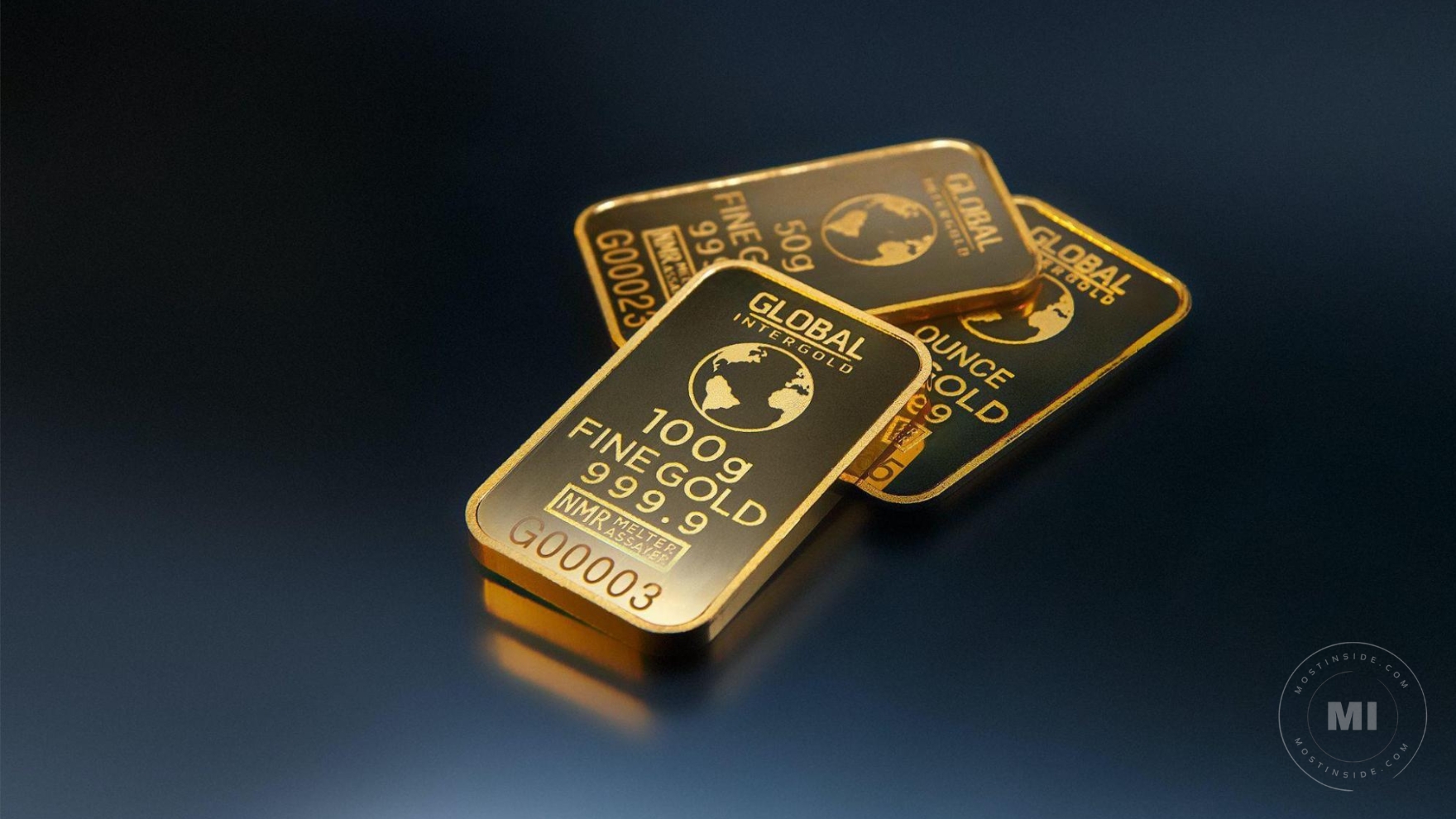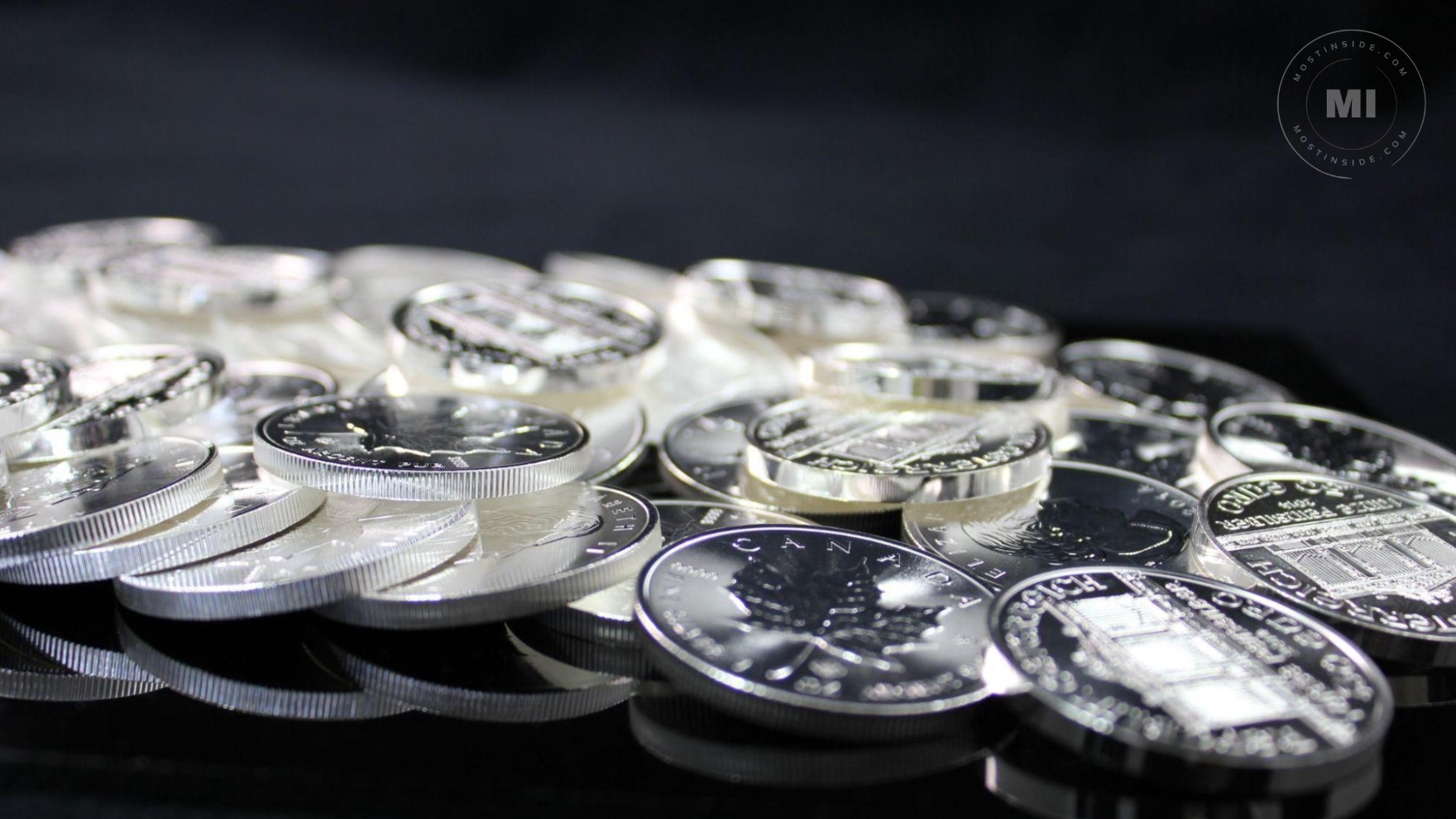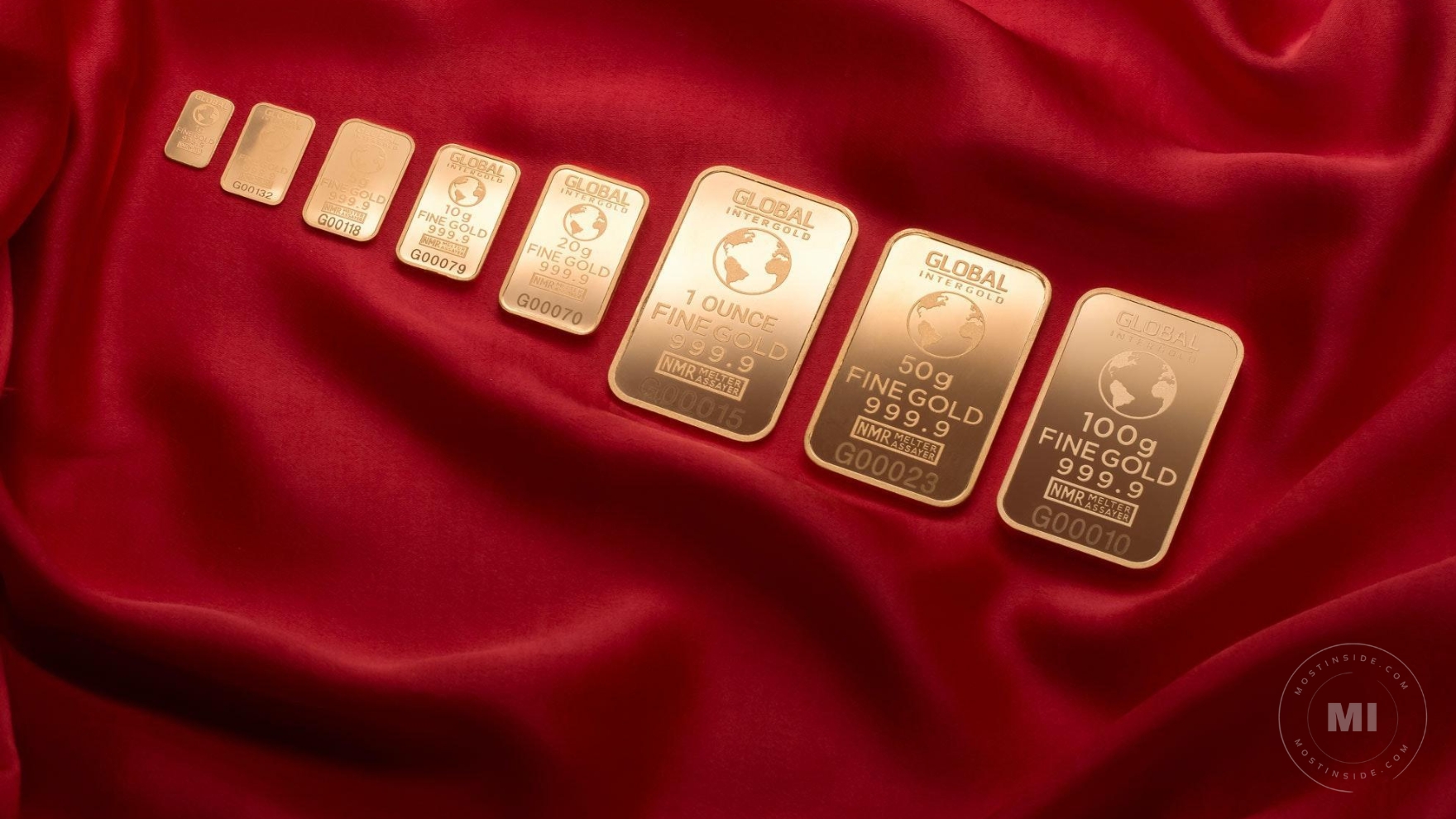An Overview of Options In Precious Metals IRA Investments
This post was last updated on October 18th, 2023

When it comes to trading options, many investors elect a favorite broker because of the variety of services and tools the firm provides. For example, a Global Capital Cycles feature is particularly useful since it enables users to invest in equity securities issued by companies in the United States and other countries.
To make brokerage firm users feel more at ease and educated about the platform, they provide a large variety of mutual funds and ETFs with minimal fees and commissions, as well as instructional tools including podcasts, videos, articles, and blogs. Portfolio Watch is another helpful tool since it assesses your investments and suggests changes to improve diversity and minimize risk.
The Definition of Exchange-Traded Funds
Investment vehicles known as ETFs may be purchased and sold on a stock market just like stocks. ETFs are a kind of investment vehicle that hold a collection of securities in order to mimic the performance of a market index, industry, or topic. Exchange-traded funds (ETFs) allow investors to diversify their holdings and receive exposure to a broad variety of assets without having to buy each investment individually.

Low transaction costs are a major benefit of ETFs. Since ETFs are passively managed and simply replicate the performance of an index, their expense ratios tend to be lower than those of actively managed mutual funds, which incur more costs owing to the time and effort necessary to actively choose the fund’s holdings. ETFs save investors money since they don’t have to pay the hefty fees often associated with active management.
The adaptability of ETFs is another win in their favor. Investors may simply respond to shifting market circumstances by buying and selling them during the trading day, just like stocks. Additionally, ETFs provide tax efficiency relative to mutual funds, since they often have smaller capital gains distributions. Investors who own ETFs in a taxable account may be able to reduce their tax liability as a result.
Many different exchange-traded funds (ETFs) are available to investors. Some ETFs follow broader indexes like the S&P 500 or the MSCI Emerging Markets Index, while others target more narrow markets or themes, like technology or renewable energy. Stocks, bonds, commodities, and even currencies may all serve as the basis for exchange-traded funds. This enables investors like Vanguard to pick the ETFs that best fit with their investing objectives and risk tolerance.
However, investors should be aware that ETFs have their own unique dangers. The value of an ETF may fall, for instance, if the index or industry it tracks performs poorly. In addition, exchange-traded funds (ETFs) might be vulnerable to liquidity risk, which means that it could be difficult to sell the ETF during times of market stress or if there are not enough buyers.

What is the viability of mutual funds as an investment vehicle?
Mutual funds are investment vehicles that pool capital from several individuals to purchase a diversified portfolio of securities. These securities might include stocks, bonds, and other assets. The purpose of a mutual fund is to offer investors with competent management and diversity, since the fund owns a range of assets that are picked based on the fund’s investing goals.
Mutual funds’ access to expert management is a major perk. By purchasing shares of a mutual fund, investors are effectively outsourcing the work of security selection and portfolio management to a team of experts. Because the fund managers are performing all the legwork to investigate and evaluate the underlying securities, you won’t have to.
Diversification is another advantage of mutual funds. Due to the wide range of assets it owns, a mutual fund may assist to disperse risk across many markets and sectors. This implies that if one single investment or sector underperforms, it is less likely to have a substantial influence on the entire value of the fund.

Equity funds (https://www.investopedia.com/terms/e/equityfund.asp), which invest in stocks, bond funds, which invest in bonds, and balanced funds, which invest in stocks and bonds, are just a few of the many kinds of mutual funds accessible to investors. Similarly, to how they are categorized by asset class, mutual funds may be broken down further according to the goals they seek to achieve via their investments. Investors may then choose the mutual fund that best fits their investing goals and comfort level.
However, investors should be aware that mutual funds are not without their own unique dangers. A mutual fund’s value, for instance, is sensitive to how its underlying assets are doing. Additionally, mutual funds have fees and charges, which may reduce the total return on investment. Before investing in mutual funds, prospective buyers should give serious thought to these dangers and do independent research.
Mutual funds, in a nutshell, are pools of capital from different investors that are used to acquire a wide range of assets. The benefits of professional management and diversification are balanced against the potential drawbacks of fees and value fluctuations. Before putting money into a mutual fund, investors should weigh the benefits against the dangers.
Individual Retirement Accounts (IRAs) that hold precious metals enable its owners to save or invest in precious metals for use in retirement. Precious metal IRAs function in the same way as ordinary IRAs, except that the assets held inside them are precious metals. A gold IRA requires both a self-directed individual retirement account and a custodian to safely hold and manage the gold on your behalf.
Gold, silver, platinum, and palladium are just some of the precious metals that may be purchased and held in an Individual Retirement Account (IRA). Choosing a custodian, establishing a self-directed IRA, transferring money, and deciding which precious metals to buy are the necessary steps for opening a gold IRA.
If you’re considering a rollover, or starting a new IRA, it’s important to weigh your options carefully. Choosing a brokerage firm is just as important as selecting the right investment vehicle for your retirement account.
Recommended: Is Gold IRA the Right Retirement Plan for You?
Recommended For You
Top Tips to Use When You Need Bridging Finance
Most Inside
Most Inside offers high-quality recommendations and valuable updates to enhance all aspects of your life, providing premium guidance and enriching experiences.




